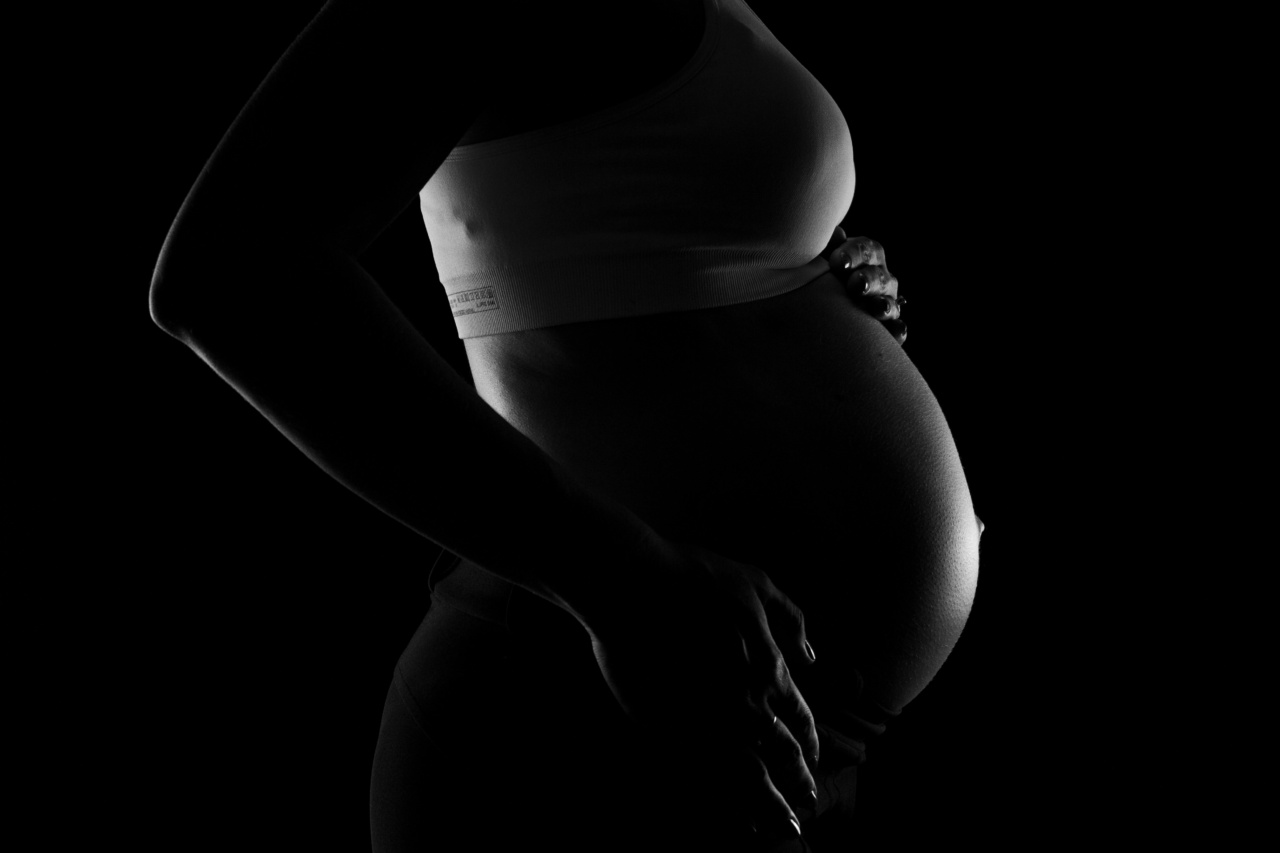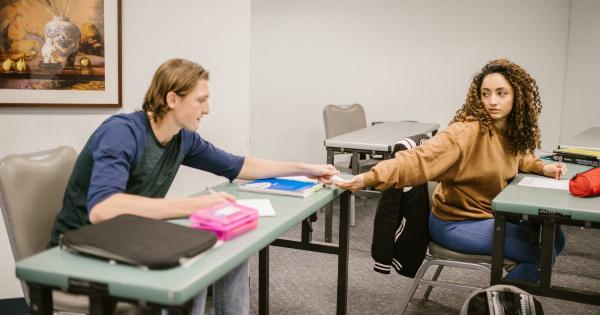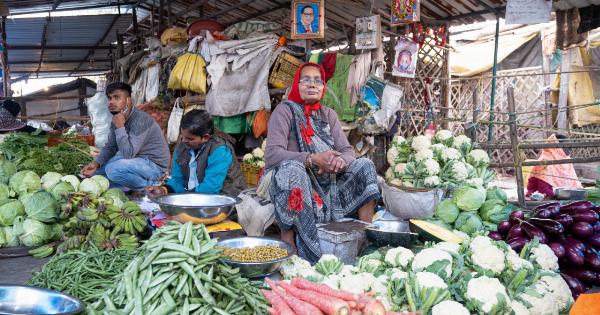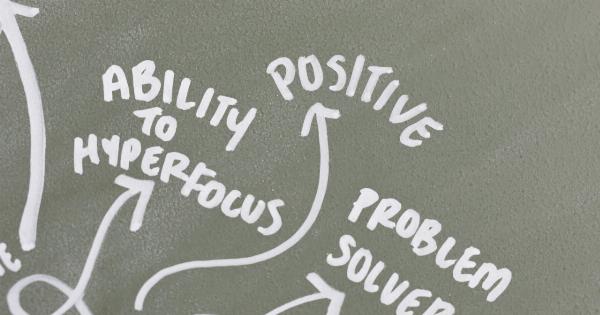Having a baby is one of the most significant life experiences for a woman. While bringing your first child into the world can be the most joyous occasion, most couples plan on having more than one baby.
However, when can a woman start trying to conceive again after giving birth to her first child?.
The answer isn’t straightforward and can depend on several factors such as age, health, and other personal circumstances. Nevertheless, a general idea can help you plan your next pregnancy while keeping your health in check.
Factors affecting the wait time for your next pregnancy
1. Age
Age can play a critical role in how soon you can get pregnant again after having your first child. Generally, a woman’s fertility decreases as they age, and that can impact the wait time between subsequent pregnancies.
Women who conceive their first child at a younger age often have an easier time conceiving again than women who give birth at an older age.
2. Health conditions
Your general health can also affect the time you need to wait before getting pregnant again. If you had a C-section or suffered from complications during delivery, you might need to wait longer before getting pregnant again.
Similarly, if you have a medical condition that requires medication that is not recommended during pregnancy, you might need to wait to be off medication before trying again.
3. Breastfeeding
Breastfeeding can also delay the return of fertility in women. The hormone that causes breast milk production (prolactin) can suppress ovulation, leading to longer intervals between pregnancy.
Women who breastfeed exclusively, therefore, might have to wait longer before getting pregnant again.
How soon can you try to get pregnant again?
The World Health Organization recommends waiting at least two years before getting pregnant again to ensure a healthy pregnancy outcome.
This waiting time allows the body to prepare adequately for another pregnancy, reduces the risk of complications, and improves the odds of having a healthy baby. But this advice might not be applicable to all women, and some women might be able to conceive and deliver safely earlier than the recommended two-year mark.
One year after delivery
While the World Health Organization recommends waiting at least two years before getting pregnant again, studies have shown that the ideal interval between pregnancies should be closer to eighteen months.
A study from the Journal of the American Medical Association found that women who waited 18 months or longer to conceive again had a lower risk of preterm delivery, low birth weight babies, and other complications.
Two years after delivery
Waiting for two years is a generally recommended waiting period before trying to get pregnant again.
This time allows the mother’s body to recover from the physical demands and changes of pregnancy and childbirth while reducing complications and improving the likelihood of having a healthy pregnancy outcome.
Less than six months after delivery
While it’s best to wait before trying to conceive again, some mothers might get pregnant again less than six months after delivery.
While it is possible to have a healthy pregnancy after a short interval, going through pregnancy and childbirth so closely can be physically and emotionally challenging for a woman. There is also an increased risk of complications and miscarriage.
Conclusion
The length of time you need to wait before getting pregnant again after your first baby will depend on numerous factors, and there isn’t a one-size-fits-all answer.
However, generally, it is best to wait for an interval of at least 18 months before trying again. This allows the mother’s body to recover adequately, reduces the risk of complications, and improves the likelihood of having a healthy pregnancy outcome.
Nevertheless, it’s best to have an open and honest discussion with your doctor and partner to help plan out the timing of your next pregnancy.





























